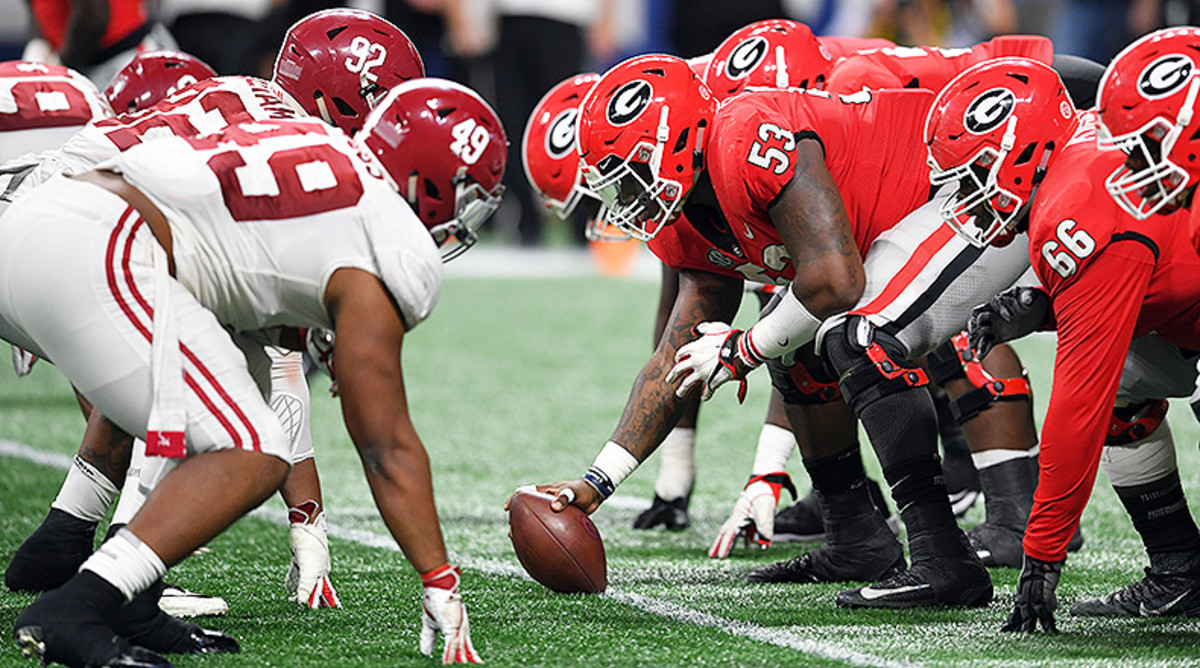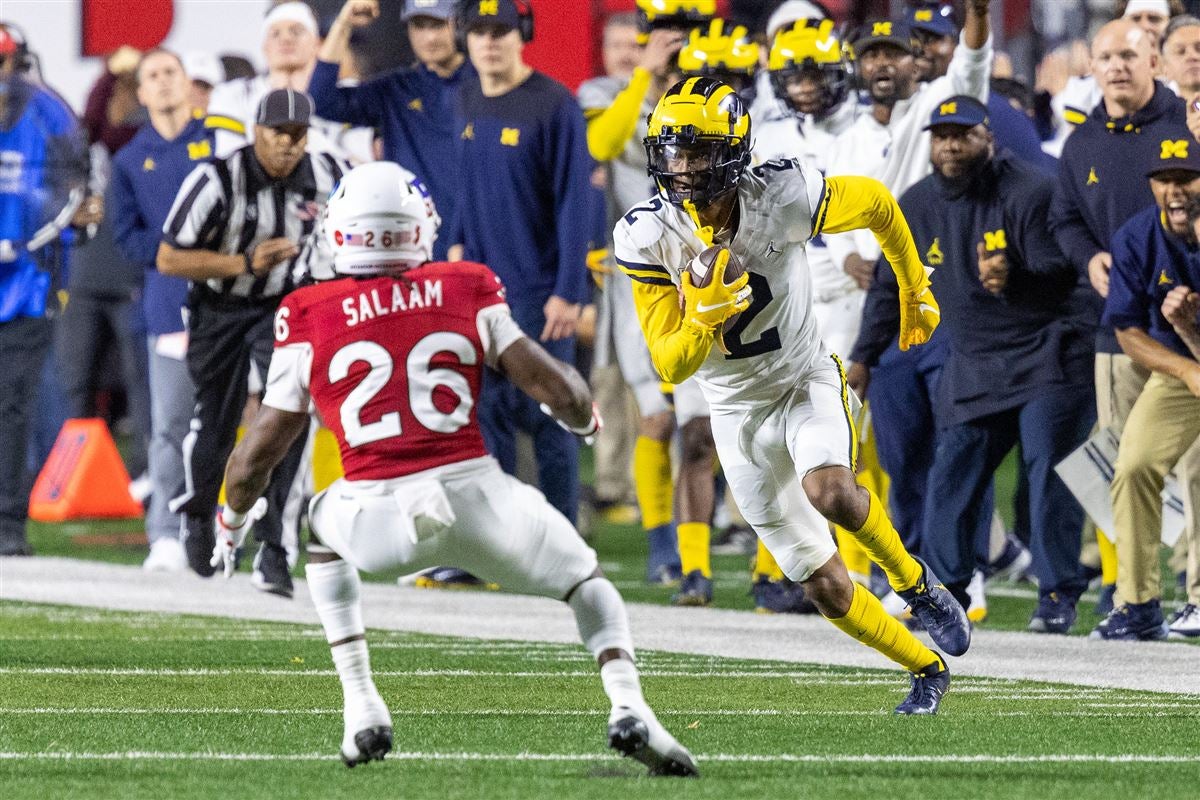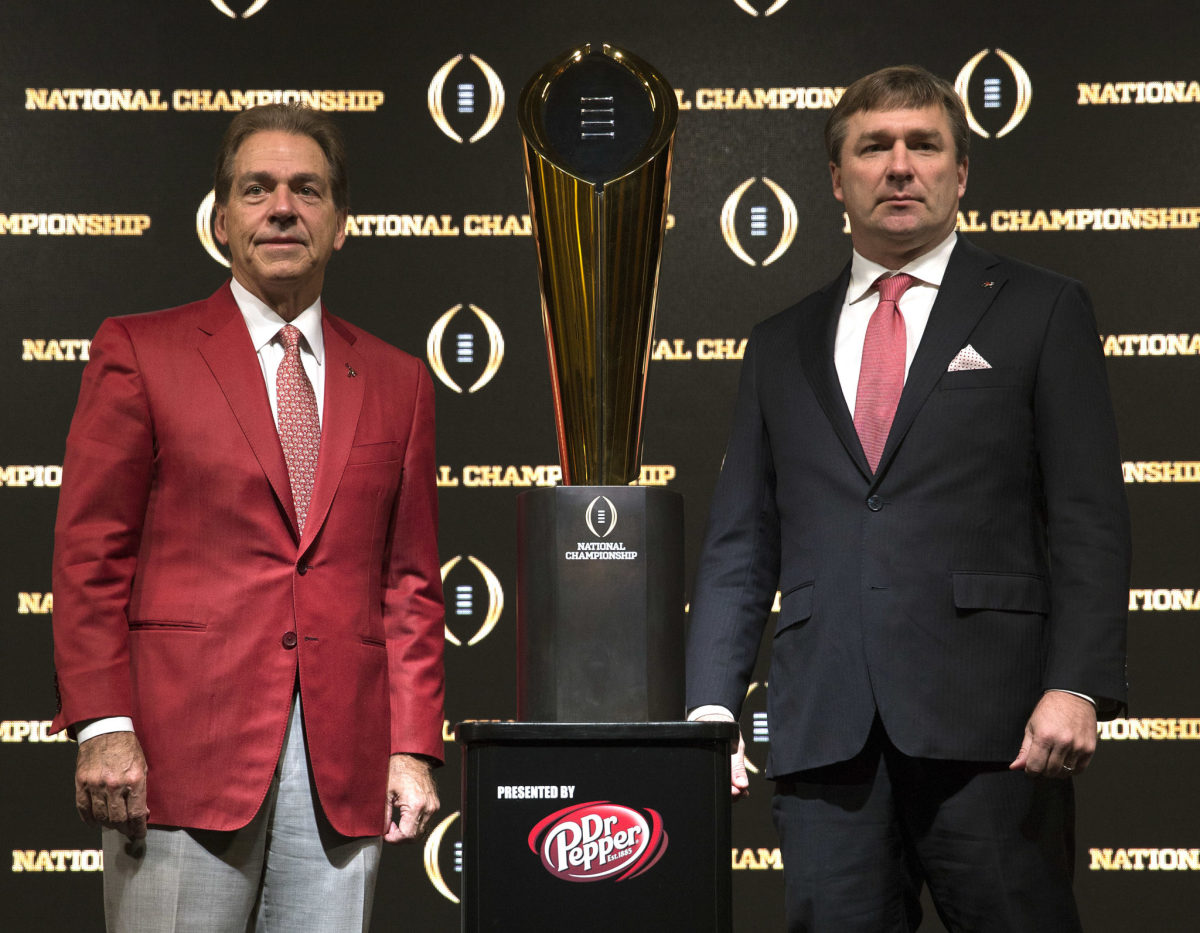How Name, Image, & Likeness Deals Are Impacting College Football Bowl Games

The landscape of college football is changing rapidly with the introduction of Name, Image, and Likeness (NIL) rules that allow athletes to earn money for their performance.
The conversation around NIL rules has sparked interest among bowl leaders in establishing a collective bargaining agreement to minimize the number of players opting out of postseason games.
Executive director of Bowl Season, Nick Carparelli, discussed the potential impact of NIL collectives on player participation in bowl games, foreseeing contracts and compensation playing a role in decreasing opt-outs.
Opt-outs have been a prominent issue during bowl season, with discussions heightened following instances like 33 Florida State players opting out of the Orange Bowl against Georgia.
Executive Director of the Fiesta Bowl, Erik Moses, expressed optimism that contracts and employment agreements could help resolve the opt-out dilemma and ensure top talent participation in key matchups.
Debates surrounding the relevance of bowl games in the face of increasing opt-outs have been ongoing, dating back to the emergence of player opt-outs during the 2018-19 bowl season.
The expansion of the College Football Playoff to 12 teams could potentially reduce the number of opt-outs in significant bowl games, as players prioritize opportunities to compete for a national championship.
As the college football landscape evolves, the importance of collective bargaining agreements and player commitments to postseason games gains significance in shaping the future of the sport.



